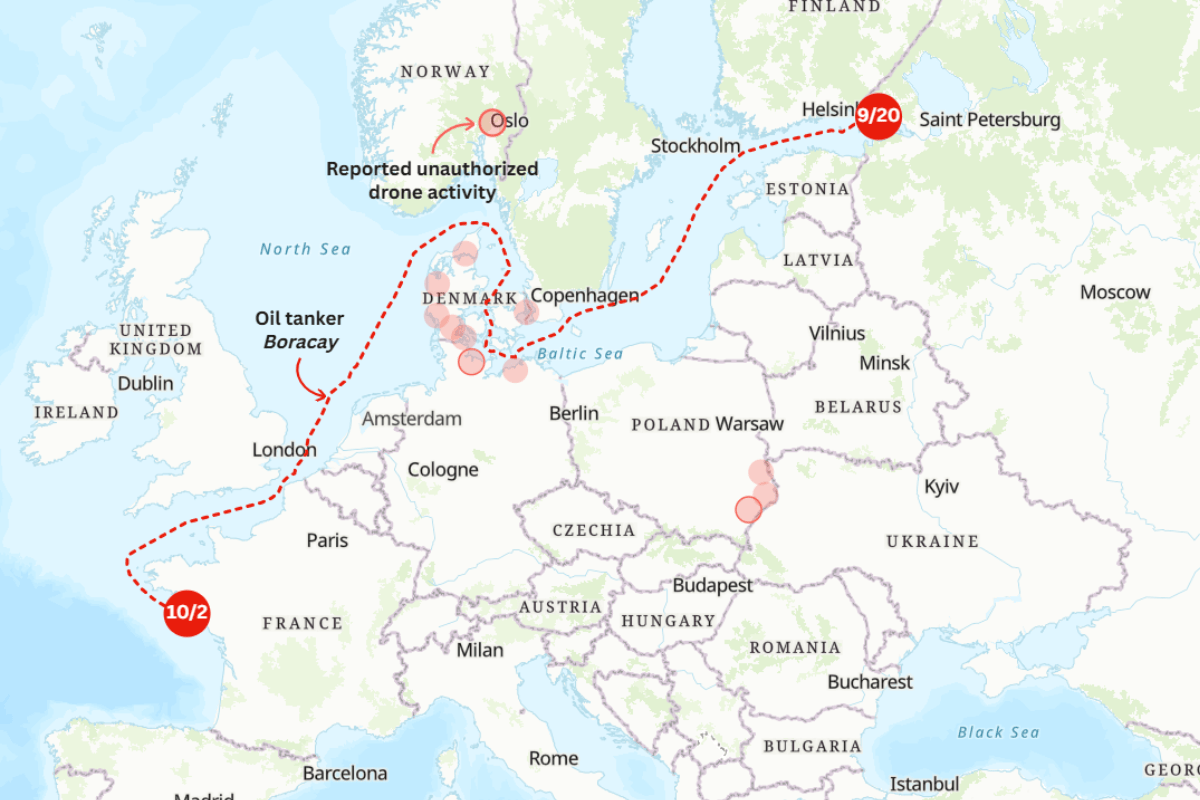A fire at the Yaroslavl refinery—Russia’s oldest and fifth largest—has intensified a growing fuel crisis triggered by months of Ukrainian drone strikes. While local officials blamed the blaze on a technical fault, it marks the latest in a series of attacks that have disabled at least 16 of Russia’s 38 refineries since August.
The strikes have slashed refining capacity by nearly 40 percent, with 70 percent of that attributed to Ukrainian operations. Fuel shortages are now widespread, with rationing in Crimea, long queues in the Volga region, and limits even in Moscow and St. Petersburg. Lukoil has banned jerry cans to curb panic buying.
Experts say the crisis stems from both structural weaknesses in Russia’s refining sector and Ukraine’s targeted strategy, which has overwhelmed air defenses and delayed repairs. The Kremlin has responded by banning petrol exports, considering diesel restrictions, and redirecting crude to Belarus.
The economic fallout is mounting. Wholesale fuel prices have surged, and Russia’s finance ministry projects a budget deficit of 2.6 percent of GDP. Growth forecasts have been slashed, and the country is now in a technical recession.
While the strikes haven’t crippled military operations, they are eroding public confidence. With mobile outages and rising costs, ordinary Russians are feeling the war’s impact at home—challenging President Putin’s promise of domestic insulation from the conflict.
